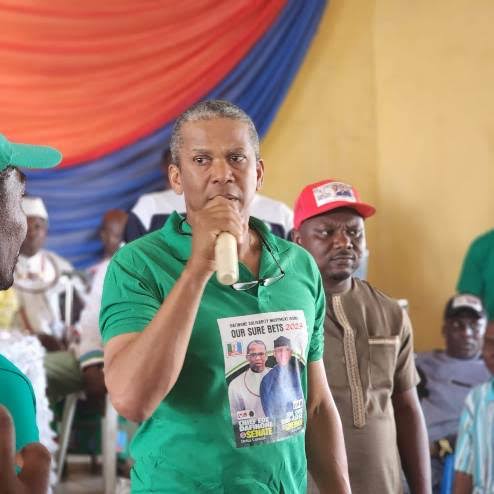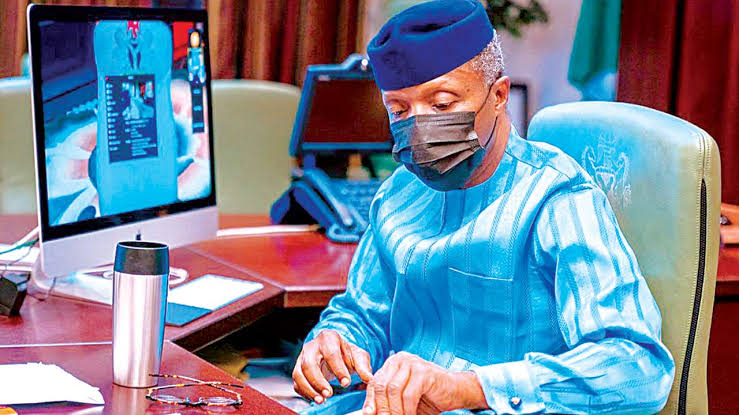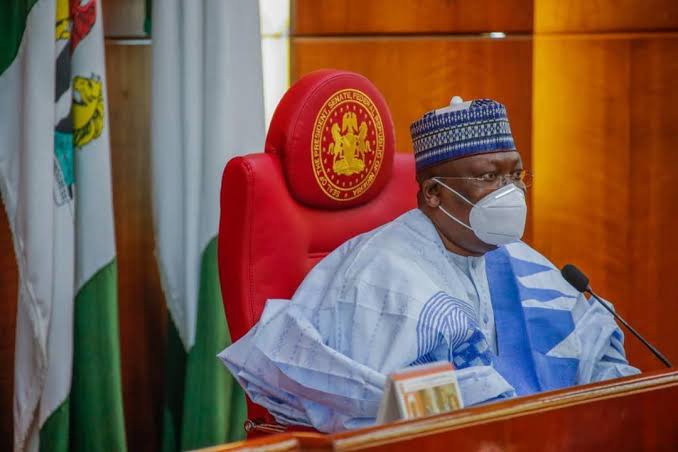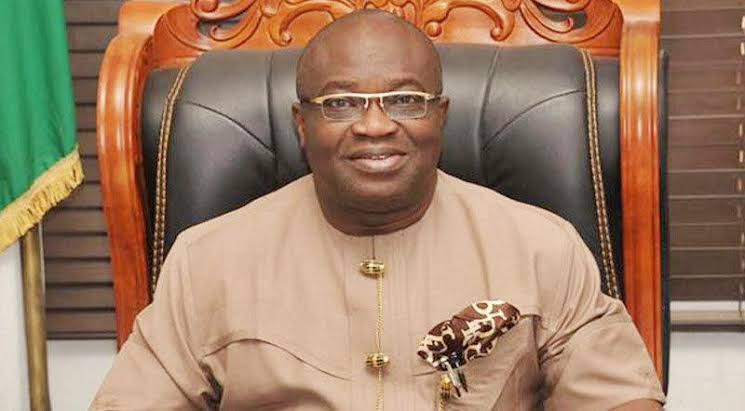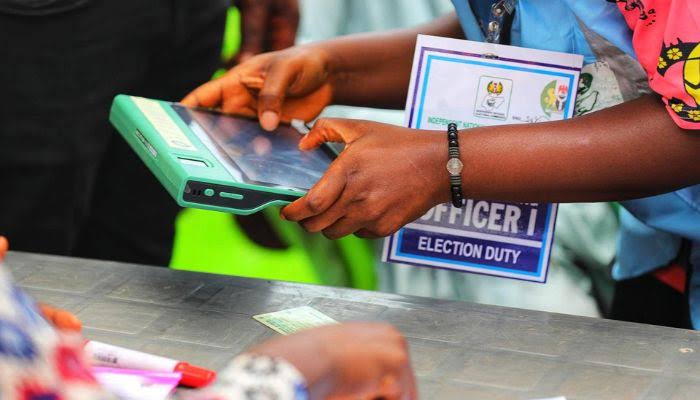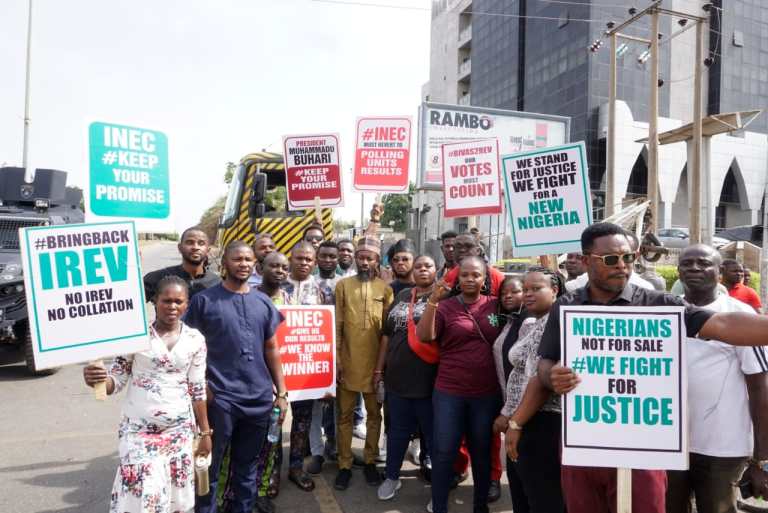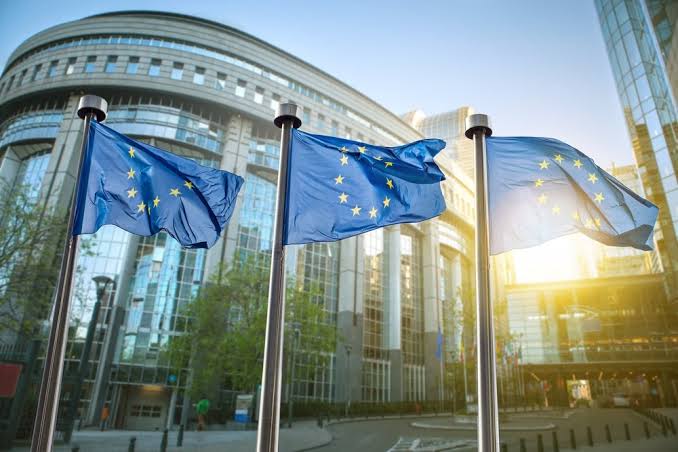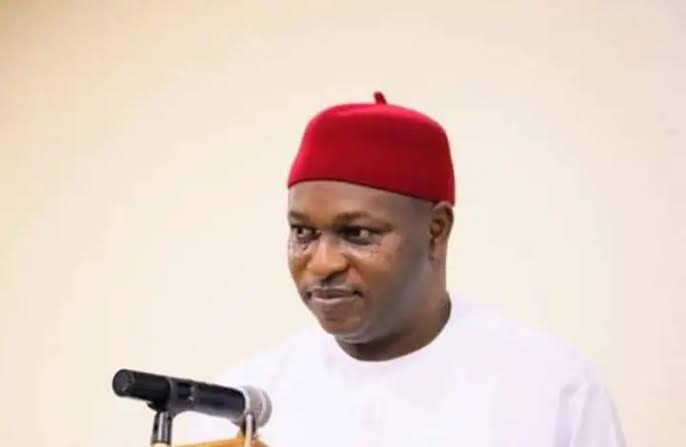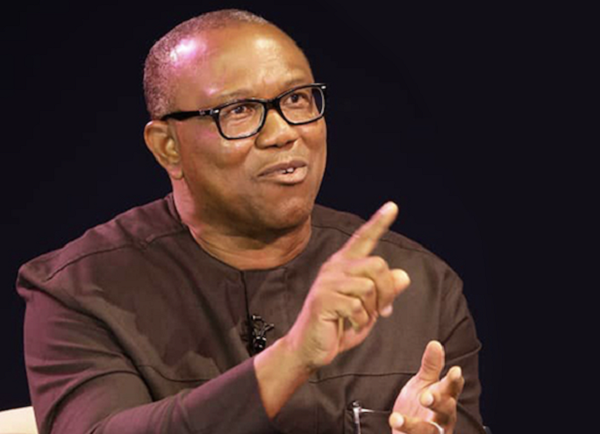The EU Observation Mission has presented a preliminary report indicating that INEC’s inadequacies, lack of transparency and abuse of incumbency distorted the 2023 general elections.
The report further stated that:”Fundamental freedoms of assembly and movement were largely respected, yet the full enjoyment of the latter was impeded by insufficient planning, insecurity and the prevailing Naira and fuel shortages.
“Abuse of incumbency by various political office holders distorted the playing field and there were widespread allegations of vote buying. Media provided an extensive coverage of the three leading campaigns, while disinformation interfered with voters’ right to make an informed choice on election day.
“The EU EOM is continuing its observation of the ongoing collation and tabulation of results throughout the country.
“INEC’s operational capacity was hampered by the ongoing fuel and Naira shortage. Insecurity prevented it from accessing some Local Government Areas (LGAs), notably in the South. Attacks on INEC premises, including just days before polling, hindered preparations in affected areas, while instilling fear in voters. Overall, stakeholders had expressed confidence in INEC’s independence, professionalism, and voter information efforts, but this decreased ahead of elections.
“INEC lacked efficient planning and transparency during critical stages of the electoral process, while on election day trust in INEC was seen to further reduce due to delayed polling processes and information gaps related to much anticipated access to results on its Results Viewing Portal (IReV).
“In the lead-up to elections, the widely welcomed Electoral Act 2022 introduced measures aimed at building stakeholder trust, however leaving some important gaps in terms of accountability and INEC’s power to enforce the law.
Weak points include a lack of INEC empowerment to enforce sanctions for electoral offences and breaches of campaign finance rules. Positively, INEC benefited from more timely financing than for previous contests. Other new provisions also aimed to enhance transparency of results.
The introduction of the Bimodal Voter Accreditation System (BVAS) and the IReV for the 2023 elections was perceived as an important step to ensure the integrity and credibility of elections.
However, delayed training of technical personnel, an inadequate mock testing exercise, and a lack of public information on the election technologies diminished expectations and left room for speculation and uncertainty.
During the early stages of collation, presidential result forms from polling units were not displayed on the IReV, while Senate and House of Representative results were slowly published. Presidential election result forms started to be uploaded after 10 pm on election day, raising concerns and reaching only 20 per cent by noon on 26 February. Later the same evening, INEC explained the delay with “technical hitches.”
Among 93.4 million registered voters, 9.5 million additional voters were registered ahead of the 2023 polls, of whom two-thirds were youth following mobilisation efforts during the registration period. Yet, the collection of permanent voter cards (PVC), a requirement to vote, was negatively affected by poor institutional planning. Two days before elections, INEC stated that 93.3 per cent of PVCs were collected. Without an independent audit of the voter register, quality and inclusiveness could not be assured.
Following contentious candidate registration processes there were18 contestants for the presidential office and over 4200 for 461 national assembly seats. They were selected in party primaries that reportedly lacked transparency and inclusiveness, marked by very chronically low levels of participation of women and youth. This compounded an overall stark lack of legal measures for inclusion and barriers to participation which do not align with international standards.
The conduct of contesting parties and candidates, as well as some gaps in the law, led to a spate of pre- election court cases, with some matters not finalised ahead of elections. During the pre-election period, EU EOM interlocutors criticised various court rulings for being too technical, some leading to belated primary re-runs, others to substitutions of perceived legitimate candidates, thereby eroding public trust, exposing intra-party conflicts, and contributing to a volatile campaign environment.
The campaign was highly competitive, and contestants conducted rallies nationwide, but the Naira cash and fuel scarcity reduced activities and attendance. Political parties denounced unequal campaign conditions due to interference of opponent governors. Reports of vote and PVC buying were also frequent. Internal party conflicts weakened the presidential campaigns of PDP and APC with personal accusation obscuring issue-based
Menu
European Union says Nigeria’s 2023 presidential election ‘distorted’, not credible
“INEC lacked efficient planning and transparency during critical stages of the electoral process, while on election day trust in INEC was seen to further reduce due to delayed polling processes
PRESS RELEASE • FEBRUARY 27, 2023
Mahmood Yakubu and EU
Mahmood Yakubu and EU used to illustrate the story.
Nigerians went to the polls in highly anticipated presidential and National Assembly elections that the Independent National Electoral Commission (INEC) kept on schedule despite a volatile and challenging environment. Fundamental freedoms of assembly and movement were largely respected, yet the full enjoyment of the latter was impeded by insufficient planning, insecurity and the prevailing Naira and fuel shortages. Abuse of incumbency by various political office holders distorted the playing field and there were widespread allegations of vote buying. Media provided an extensive coverage of the three leading campaigns, while disinformation interfered with voters’ right to make an informed choice on election day. The EU EOM is continuing its observation of the ongoing collation and tabulation of results throughout the country.
INEC’s operational capacity was hampered by the ongoing fuel and Naira shortage. Insecurity prevented it from accessing some Local Government Areas (LGAs), notably in the South. Attacks on INEC premises, including just days before polling, hindered preparations in affected areas, while instilling fear in voters. Overall, stakeholders had expressed confidence in INEC’s independence, professionalism, and voter information efforts, but this decreased ahead of elections. INEC lacked efficient planning and transparency during critical stages of the electoral process, while on election day trust in INEC was seen to further reduce due to delayed polling processes and information gaps related to much anticipated access to results on its Results Viewing Portal (IReV).
In the lead-up to elections, the widely welcomed Electoral Act 2022 introduced measures aimed at building stakeholder trust, however leaving some important gaps in terms of accountability and INEC’s power to enforce the law. Weak points include a lack of INEC empowerment to enforce sanctions for electoral offences and breaches of campaign finance rules. Positively, INEC benefited from more timely financing than for previous contests. Other new provisions also aimed to enhance transparency of results.
The introduction of the Bimodal Voter Accreditation System (BVAS) and the IReV for the 2023 elections was perceived as an important step to ensure the integrity and credibility of elections. However, delayed training of technical personnel, an inadequate mock testing exercise, and a lack of public information on the election technologies diminished expectations and left room for speculation and uncertainty.
During the early stages of collation, presidential result forms from polling units were not displayed on the IReV, while Senate and House of Representative results were slowly published. Presidential election result forms started to be uploaded after 10 pm on election day, raising concerns and reaching only 20 per cent by noon on 26 February. Later the same evening, INEC explained the delay with “technical hitches.”
Among 93.4 million registered voters, 9.5 million additional voters were registered ahead of the 2023 polls, of whom two-thirds were youth following mobilisation efforts during the registration period. Yet, the collection of permanent voter cards (PVC), a requirement to vote, was negatively affected by poor institutional planning. Two days before elections, INEC stated that 93.3 per cent of PVCs were collected. Without an independent audit of the voter register, quality and inclusiveness could not be assured.
Following contentious candidate registration processes there were18 contestants for the presidential office and over 4200 for 461 national assembly seats. They were selected in party primaries that reportedly lacked transparency and inclusiveness, marked by very chronically low levels of participation of women and youth. This compounded an overall stark lack of legal measures for inclusion and barriers to participation which do not align with international standards.
The conduct of contesting parties and candidates, as well as some gaps in the law, led to a spate of pre- election court cases, with some matters not finalised ahead of elections. During the pre-election period, EU EOM interlocutors criticised various court rulings for being too technical, some leading to belated primary re-runs, others to substitutions of perceived legitimate candidates, thereby eroding public trust, exposing intra-party conflicts, and contributing to a volatile campaign environment.
The campaign was highly competitive, and contestants conducted rallies nationwide, but the Naira cash and fuel scarcity reduced activities and attendance. Political parties denounced unequal campaign conditions due to interference of opponent governors. Reports of vote and PVC buying were also frequent. Internal party conflicts weakened the presidential campaigns of PDP and APC with personal accusation obscuring issue-based messages shortly before the elections. There was a lack of prosecution of electoral offences and a significant increase in violent incidents closer to elections, including attacks on candidates, reportedly, aimed to disturb the elections and suppress voter participation, particularly in the South-East.
Media offered an extensive campaign coverage, despite economic hardships, institutional pressures, and electoral violence. Prime-time newscasts focused on the Naira swap, and APC and PDP animosities, granting both parties equitable exposure, although mostly negative in tone. Politicians used polarising rhetoric on air and conspiracy theories, originating online, were frequently discussed in the most popular talk shows. Analytical reporting on party policies was scant. Lead contestants could not be compared directly, as APC and PDP rebuffed presidential debates, undermining voters’ right to an informed choice.
Social media was actively used by political actors as a campaign tool. However, the platforms were misused to spread harmful content, including disinformation on key electoral processes; the measures the platforms took to protect electoral integrity were insufficient. Misleading information also came from political actors and contributed to a blurred information environment for voters.
Online and offline media joined forces with civil society and fact checkers to safeguard the integrity of the pre-election information environment. Real-time fact checking of gubernatorial and other contestants’ debates strived to hold candidates accountable, while various formats of voter information, raised voter awareness and helped to counter electoral insecurity, complementing INEC efforts.
Civil society organisations observed and scrutinised different aspects of the election, issued several pre- election reports, at times probing INEC’s operational preparedness, offering voters a non-partisan assessment of election preparations. Over 144,800 citizen observers monitored election day proceedings.
